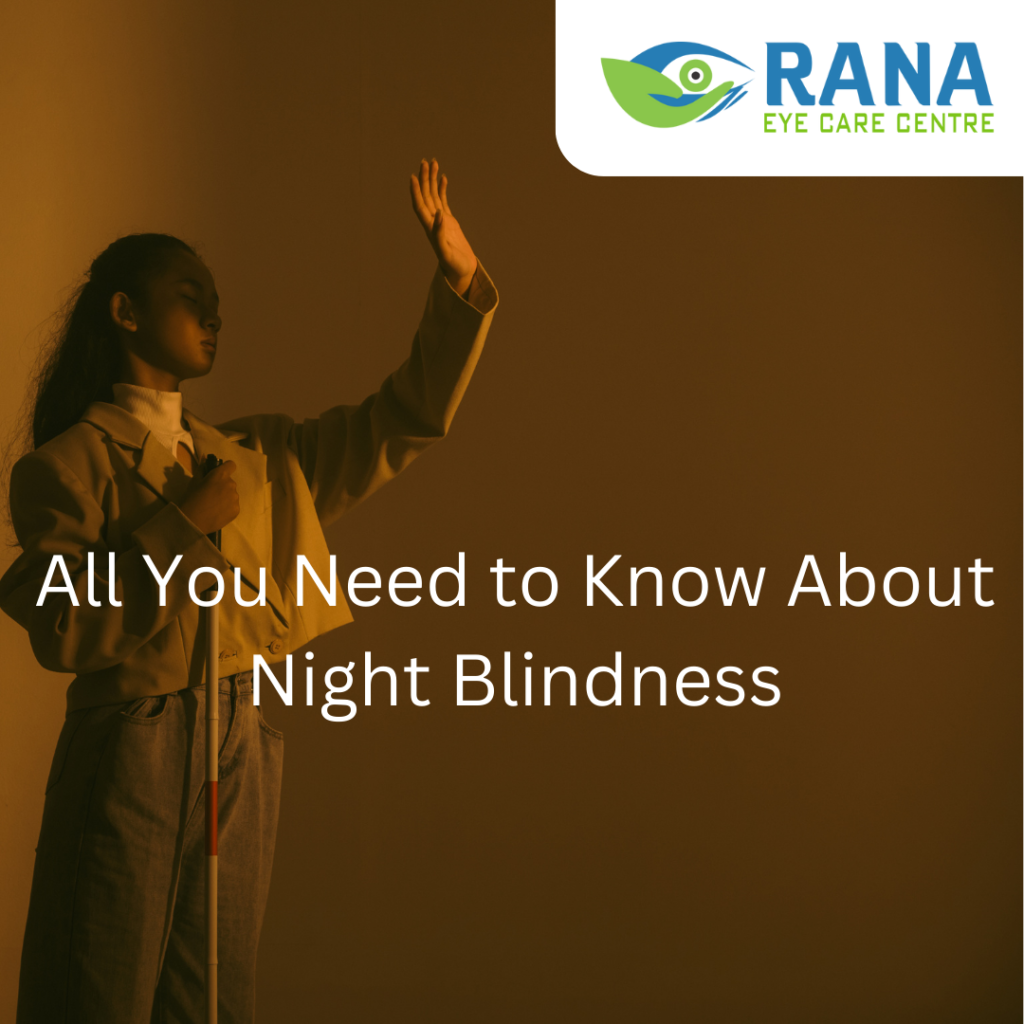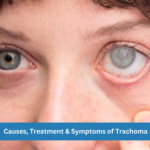All you need to know about Night Blindness
Night blindness is the most common vision impairment that is found in individuals. Medically it is known as nyctalopia and it causes difficulty in visibility in low light conditions. Upon going through the article, one will learn about the various causes of night blindness.
Causes of Night blindness: Vitamin A deficiency: This is the most common cause of this disease. Vitamin A is an important parameter, one must ensure to keep a diet that is rich in vitamin A which can help in enhancing night vision.
Genetic Factors: Some individuals may inherit a predisposition to night blindness. Genetic factors can affect the development and function of the rods in the eyes, leading to impaired night vision.
Retinitis Pigmentosa: This progressive genetic disorder affects the retina’s ability to respond to light, causing a gradual decline in vision, especially in low-light conditions.
Symptoms: Recognizing the Signs of Night Blindness: Identifying the symptoms of night blindness is crucial for early intervention and management. Common signs include difficulty seeing in dimly lit environments, increased sensitivity to glare, and delayed adjustment to changes in light conditions.
Management and Treatment: The management of night blindness depends on its underlying cause. In cases of vitamin A deficiency, dietary adjustments or supplements may be recommended. A well-balanced diet rich in vitamin A sources like carrots, sweet potatoes, and leafy greens can contribute to improved eye health. For those with hereditary conditions or retinal disorders, the focus may be on adapting lifestyle habits to accommodate the visual impairment.
Coping Strategies: Navigating Life with Night Blindness: Optimize Lighting at Home: Enhance the lighting in your living space by using brighter bulbs and ensuring even illumination. Task lighting in key areas can make a significant difference in daily activities.
Use Contrast: Increase contrast in your surroundings to make objects more distinguishable. Dark-on-light and light-on-dark color schemes can improve visibility.
Limit Nighttime Driving: Individuals with night blindness should exercise caution when driving at night. Whenever possible, opt for daytime travel or use public transportation.
Seeking Professional Help: Consultation and Treatment Options: If you suspect night blindness or experience persistent vision issues, consult an eye care professional. A comprehensive eye examination can help identify the underlying cause, and the eye surgeon in ludhiana can recommend suitable interventions, including prescription glasses or nutritional supplements.
In conclusion, understanding night blindness is the first step toward managing its challenges effectively. By adopting practical strategies and seeking professional guidance, individuals with night blindness can navigate daily life with confidence.






No Comments